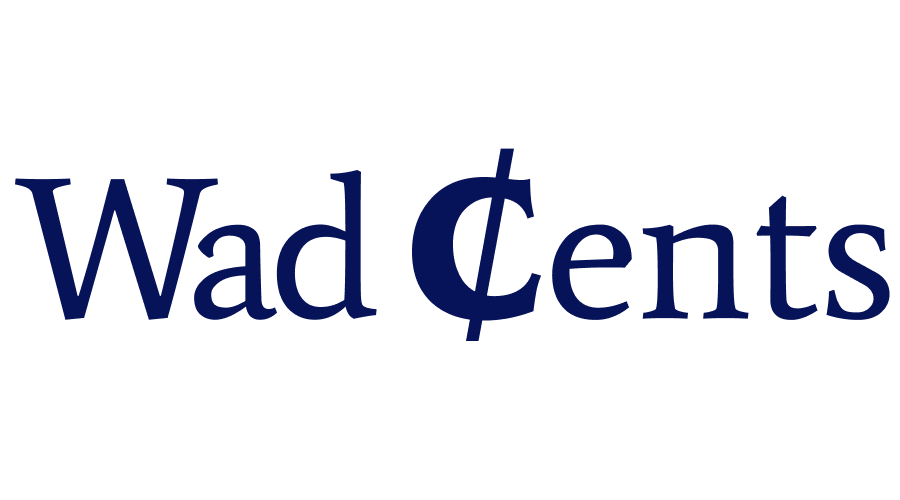If you have a 401(k) plan with your employer, and you have been stashing away part of your paycheck over the years, you could have accumulated a substantial nest egg.
While retirement savings are meant for your retirement, they could be useful when you have a financial emergency. Whether you need money for medical expenses, college fees, or to prevent an eviction, you can cash out your 401(k) money to ease the financial burden.
So, who do I contact to cash out my 401k? Keep reading to find out more.
Who to Contact When You Want to Cash Out Your 401(k)?
If you want to cash out your 401(k) plan, you should contact your plan administrator. If you don’t know who your plan administrator is, you should contact the benefits office or check your summary plan description.
Once you know who the plan administrator is, you should contact them and request the necessary paperwork and information to initiate the cash-out process. This may include forms, documentation, and information about any fees and taxes you will pay.
Once you fill out and submit the forms, the plan administrator will consider the request and make payments. Most 401(k) plans allow participants who are still active employees to cash out their rollovers from previous employers, after-tax contributions, and old company matches.
However, if you are no longer an employer of the company, the plan administrator may process the request and mail you a check with your 401(k) balance.
If you have a financial advisor or planner, you should consult them before deciding to cash out your 401(k). They can guide the potential impact on your retirement goals.
How to Cash Out Your 401(k)
Here is the process of cashing out a 401(k):
- Contact your 401(k)-plan administrator and request a withdrawal form
- Fill out the required forms, which include a distribution request form and tax withholding forms.
- Carefully review all documents and ensure you have accurately filled your information before appending your signature. Mistakes in the paperwork can lead to delays or complications.
- Ask the plan administrator to send your cash out via mailed check or as a direct deposit to your bank account.
- Wait for a couple of days to get your money.
When to cash out your 401(k) plan
There are many reasons why you may want to cash out your 401(k) plan. Here are some common reasons:
You are retired
If you are retired, and you are above age 59 ½, you can choose to cash out your 401(k) to help you meet your living expenses.
You can choose to cash out your entire 401(k) balance or only a portion of your retirement money, depending on how much your expenses are. You will owe income taxes on the withdrawals you make.
If you retire before age 59 ½, you can choose to cash out your 401(k) early. However, making an early withdrawal will trigger a 10% early withdrawal penalty in addition to the regular income taxes.
Urgent financial situation
You could be facing unprecedented expenses that require immediate financing. Whether you have outstanding medical expenses for yourself or your immediate family members or want to pay post-secondary education costs for your children, you can tap into your 401(k) to meet your urgent financial needs.
You changed jobs
When you’re changing a job, you must decide what to do with your 401(k) plan. One of these options is cashing out your 401(k) to make an urgent expense or even pay a high-interest debt. But if you don’t have an urgent need, you can choose to roll over the money to your new employer’s 401(k), 403(b), TSP, or other qualified retirement plan.
Consequences of Cashing Out Your 401(k) Prematurely
Cashing out your 401(k) before you attain the required retirement age can have various implications on your finances and retirement goals.
Some of these implications include:
Income taxes
If you have a pre-tax 401(k) plan, you will owe income taxes on the withdrawals you make. You will be taxed at your federal income tax bracket, and you may also be liable to pay state income taxes on the distribution.
Harsh penalties
In addition to the taxes that you will pay, you will owe a 10% tax penalty for early withdrawal. The only way to avoid this penalty is if you are eligible for a hardship withdrawal, which could exempt you from paying the 10% penalty tax.
Retirement savings will be lost
By cashing out your 401(k) early, you’ll be giving up the compound interest your money accrues when it is in the 401(k) account. You will be taking steps back in your retirement journey, and you may not be able to catch up.
You will be left with the burden of replacing your retirement plan
Since you have cashed out your 401(k), you have to figure out a new way to secure your retirement. That means you will have to go back to the drawing board to figure out a new way to catch up with your retirement savings.
Alternatives to Cashing Out Your 401(k)
Before you cash out your 401(k), you should consider other options so that you do not end up losing your retirement plan altogether.
Here are some of the alternatives you can consider:
You can take a 401(k) loan
A 401(k) loan can get you the amount of money you need to meet a financial emergency without cashing out your 401(k) plan.
A 401(k) loan allows you to borrow against your accumulated savings, and still pay back the money back to your account. However, with a cash-out, you won’t be allowed to pay back the money you take out of your 401(k) plan. For hardship withdrawals, you won’t be allowed to make contributions to the plan for up to six months.
While a 401(k) allows flexible repayments, be aware that if you leave your job before the loan is fully repaid, you will be required to pay off the outstanding balance within a short time.
If you default on loan payments, the outstanding loan balance will be considered a taxable distribution, and you will owe taxes and a potential penalty if you are below age 59 ½.
Take a personal loan
Instead of cashing out your 401(k) plan, you can decide to apply for a personal loan from an online lender.
Compare the popular online lenders and pick the lenders with the lowest interest rates and flexible repayments. Remember, you should only borrow what you need to satisfy your needs, and you must be sure that you will be able to pay back the loan on time.
Request a hardship withdrawal
If you are facing a financial hardship, you may consider taking a hardship withdrawal instead of cashing out your 401(k) account.
Check with your 401(k) plan administrator to know if your specific hardship qualifies for a hardship withdrawal. If you are eligible, you will only be allowed to withdraw an amount equivalent to the amount you need to satisfy the hardship.
Bottom Line
If you want to cash out your 401(k), you should carefully weigh your options. Taking a cashing, especially before age 59 ½, comes with a heavy price.
You will owe income taxes and penalties on the distributions, and it will derail your retirement savings journey. Ensure that you have exhausted all other options, including 401(k) loans, hardship withdrawals, and other types of loans, before cashing out your 401(k) plan.


